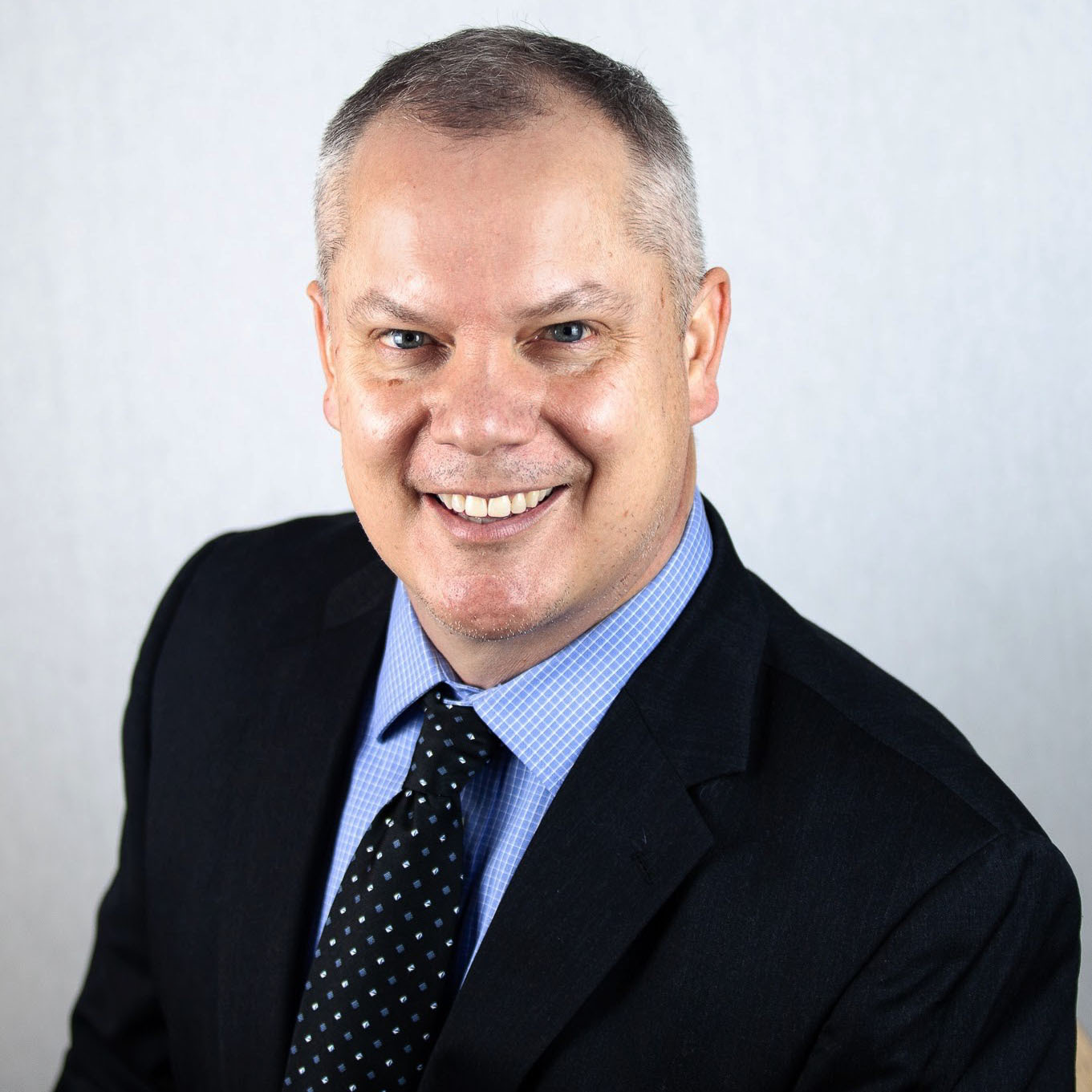Getting the Right Job: Your Resume, The Interview, and Your Relationships

Author: Julie Roe Lach
POST DATE: 5.9.19

People often want to be a part of athletics because of the mentorship and relationships created that allow them to help young adults build a purposeful life after athletics. There are countless interviews of players, even after losses, explaining how much the team and the coaches meant to them over their four years at their institution. It is always bigger than the sport, which breeds a competitive environment for jobs at the collegiate level, so you have to find ways to stand out. Your resume, interview and relationships are three important opportunities for you to be creative and intentional in order to get the right job.
Resume
Figure out your “ness.” This is your name plus “ness” which equals your authentic self. What is unique about you that you can bring to someone’s organization? What makes up your personal self? Your values, family, friends and passions. Your personal self is important and keep it in the back of your mind when creating your resume so you can be sure you’ve portrayed your true self.
- Don’t overstate your role, but don’t understate it either. Don’t use the terms “launched” or “developed” if someone else on your team started a project and you just attended a forum or lead a session. But also, give yourself credit where credit is due.
- List out your years and titles and map out the categories where you had an impact. Everyone defaults to excellence in coaching, which is important, but what else did you do? Student-athlete leadership? Fundraising? How many student-athletes stayed with you all four years? What other areas did you have an impact?
Interviews
The telephone interview is the first round game to get to the second round in-person interview. It’s just as important and you need to be exceptional for both.
Telephone Interview
- If you’re on the phone, stand up while you talk, smile, and get your personality across.
- Research the school. Are they on a budget crunch? Where does your sport fit into that budget? Go further than just wins, losses, team roster, and athletics director. Start big with your funnel and research the department as a whole.
- Be able to convey why you want the job in 8 seconds or less.
- Be aware of your red flags. If you got fired at your last job, be ready to talk about it but move on and get out.
- Have someone you know will test you to do a mock interview.
In-Person Interview
- Do your research again. Figure out who you’re going to be interviewing with and find out some interesting facts. For example, maybe the FAR has a background in molecular biology. What if you have lunch with them? Be prepared to talk about more than just the sport you’re interviewing for.
- What are your themes? Everyone wants to “win with integrity” but what does that mean to you? Give examples that you can share that have contributed to that.
- Have executive presence. You know it when you see it and according to Forbes, it’s 25% of what it takes to get promoted. You can have the experience. You can know the X’s and O’s but you’ve got to have confidence so others can have confidence in you.
Relationships
Don’t just ask someone to serve as a reference for you. Be strategic about what it is you want them to speak to about you. If you want them to emphasize your leadership abilities, tell them. Additionally, you need people beyond your references to be able to help you. So, consider your sphere of influence and know the key relationships of your references that might be able to also help you.
Finally, be purposeful about your relationships. How diverse are they? Consider gender, ethnicity, position, influence and age. All of those are extremely important to be able to help you get along in a diverse environment.
In conclusion, remember it’s the hard that makes you great. Be mentally prepared and don’t be afraid to fail a few times in your practice for the interview. Be purposeful, intentional, and leave it all on the court.
Most clients turn to CCHA Collegiate Sports Consulting for representation during NCAA inquiries, compliance education, head coach control plans, contract negotiation, and institutional control assessments. Please contact our team at jlach@cchalaw.com for any questions regarding your interview or resume or any of the other services mentioned. We are happy to help!
